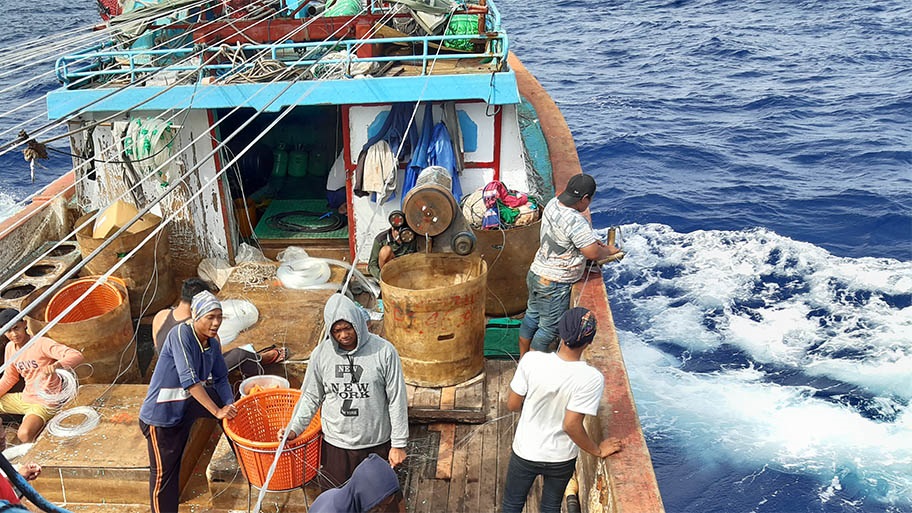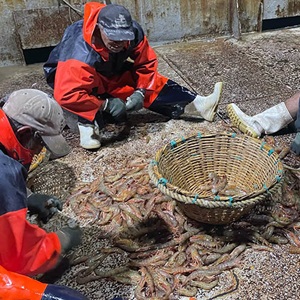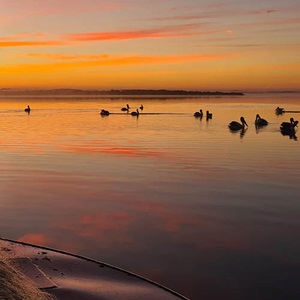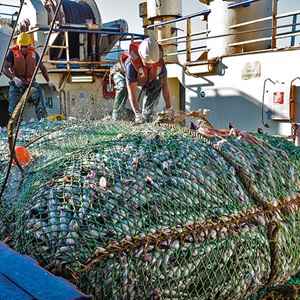Strengthening data collection and impact monitoring through the training and deployment of more onboard scientific observers.
- Training onboard observers to strengthen monitoring and improve data around interactions with endangered, threatened and protected (ETP) species
- Improving compliance around regional management regulations
- Aligning monitoring
with MSC sustainability requirements
Start date: May 2025
£48,300
Transition Assistance Fund
Awardee
Asosiasi Tuna Longline Indonesia (ATLI)
Fishery
Indonesia Indian Ocean tuna and large pelagics longline
The fishery
The Indonesia Indian Ocean tuna and large pelagics longline fishery is a group of 364 vessels whose catch comprises albacore (Thunnus alalunga), bigeye (Thunnus obesus), and yellowfin (Thunnus albacares) tuna, and swordfish (Xiphias gladius).
Using longline fishing gear, the vessels operate in the Indian Ocean, within Indonesia’s Exclusive Economic Zone (EEZ).
The fishery has been in a Fishery Improvement Project (FIP), led by Asosiasi Tuna Longline Indonesia (ATLI), since 2019 and is part of the MSC Improvement Program.
The fishery has now been awarded a Transition Assistance Fund grant to aid improvements and move it towards full assessment against the MSC Fisheries Standard in 2029.

What the project will do
The project will use its Transition Assistance Fund grant to improve observer training and deployment.
Regional Fisheries Management Organisation (RFMO), The Indian Ocean Tuna Commission (IOTC), have mandated that scientific observers are present on at least 5% of fishing trips. Increased coverage for the longline fishery will provide effective monitoring of its environmental impacts including bycatch, discards, and interactions with endangered, threatened, and protected (ETP) species.
With technical guidance from the PSDI (Directorate of Fisheries Resources Management) and scientists from BRIN (National Research and Innovation Agency), the project will also conduct observer and enumerator workshops. This will ensure observers are well trained for high-quality, standardised data collection.
The work will ensure the fishery aligns with both IOTC regulations and MSC standards. The data collected will inform long-term strategies and protocols for monitoring and minimising the fishery’s environmental impacts.
“Through this project the fishery is taking a major step to sustainability and the improvement project is expectedto have a very positive impact, in terms of sustainaing tuna resources, enhancing market competitiveness, and by contributing broadly to ocean science.”
Asosiasi Tuna Longline Indonesia (ATLI)
Related projects

Mexican North Pacific brown shrimp: Systematic improvement

Australia Lakes & Coorong: Improving harvest strategies

